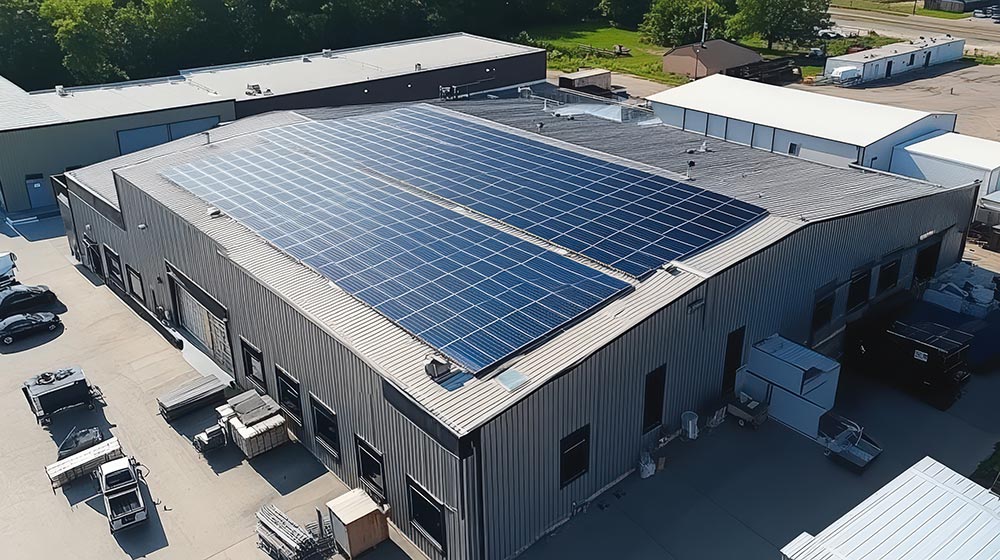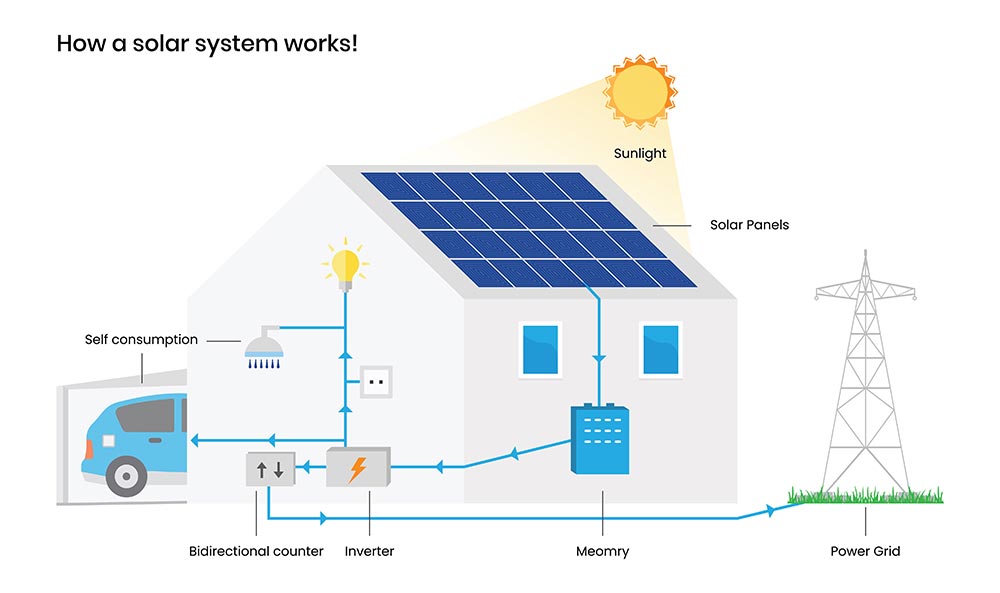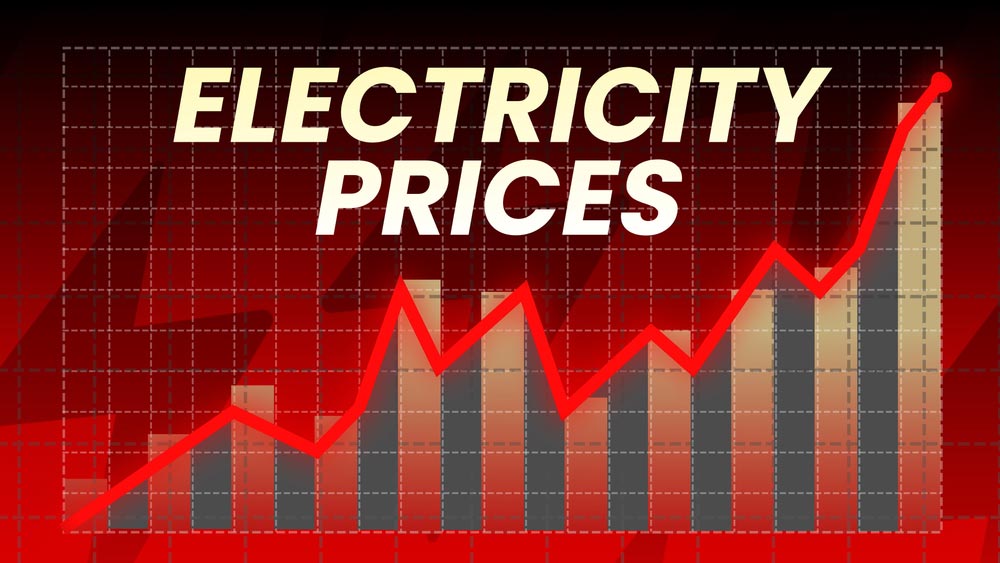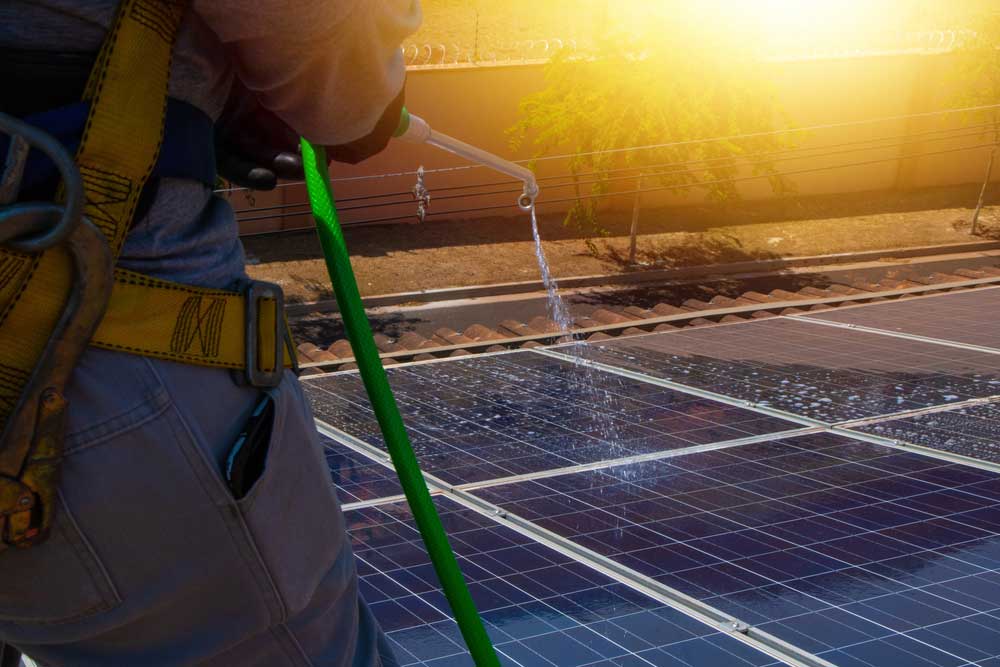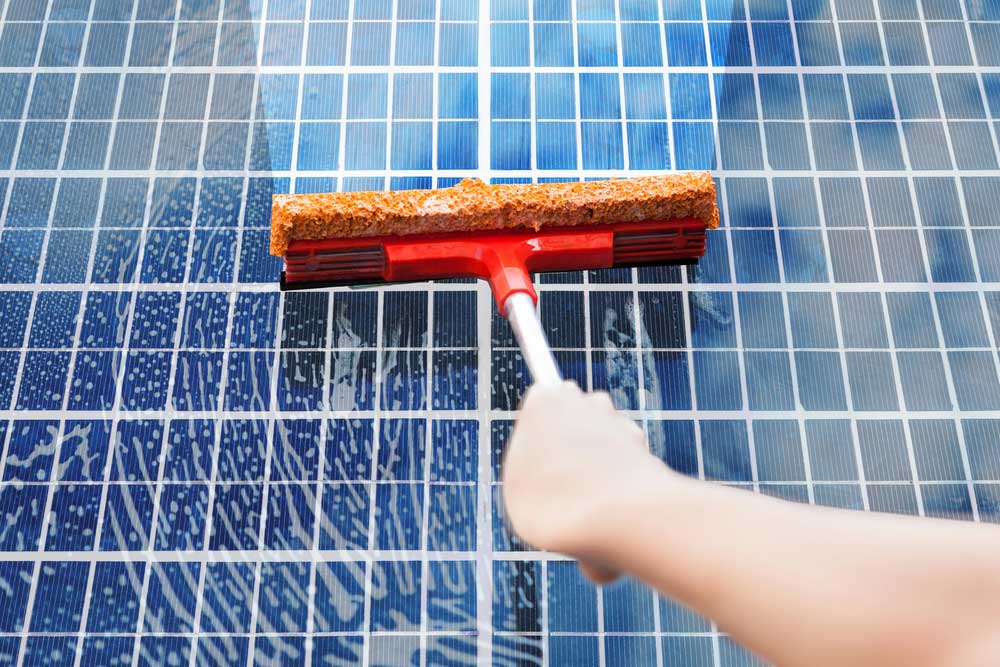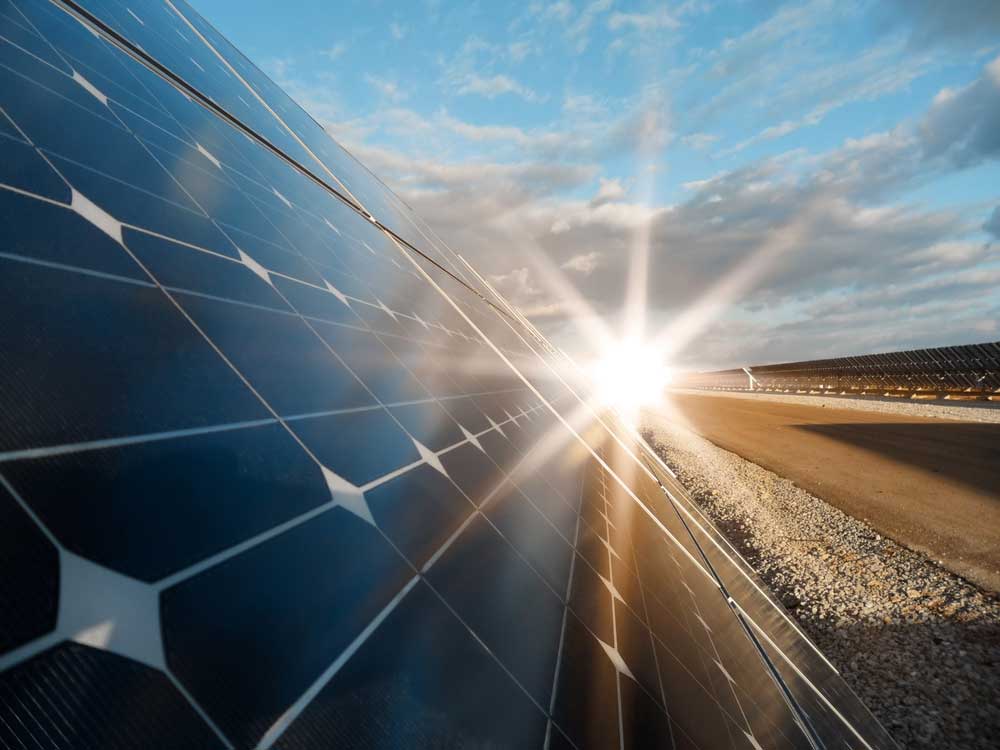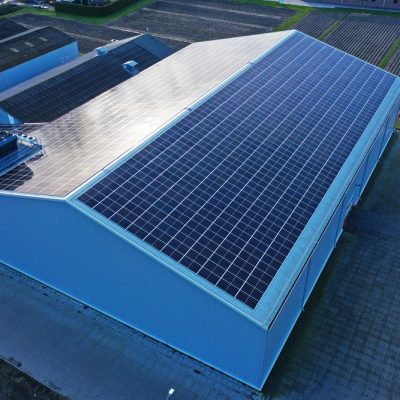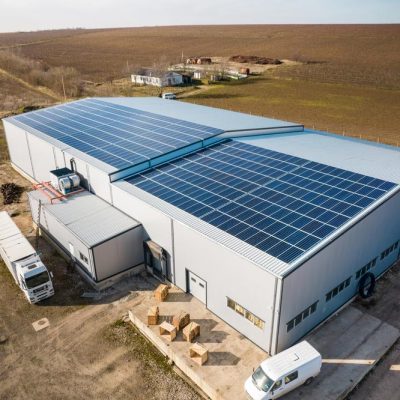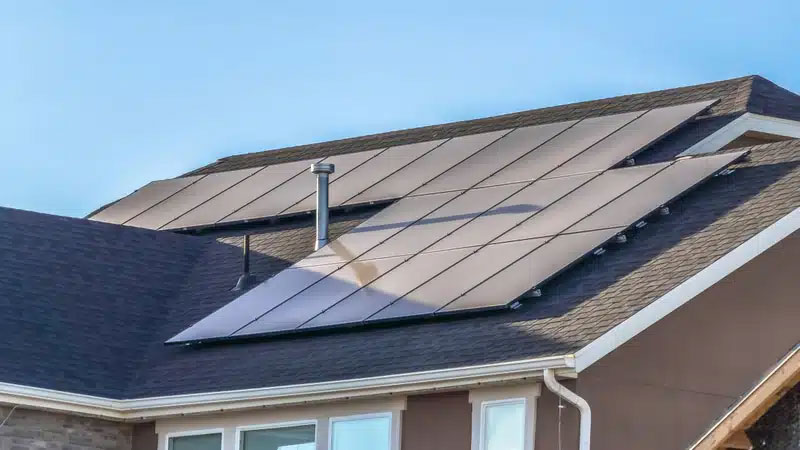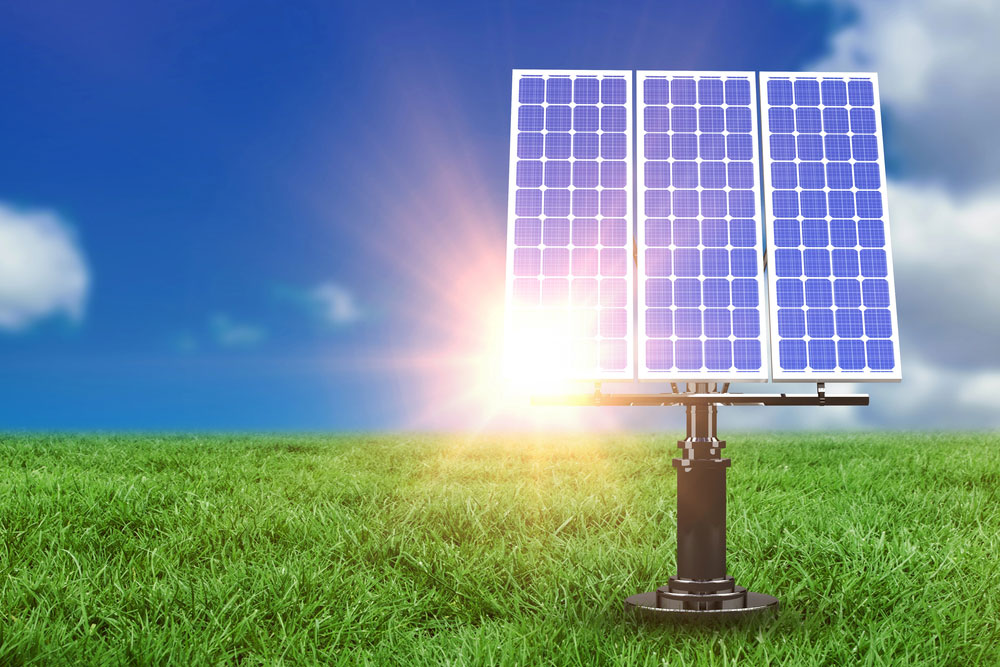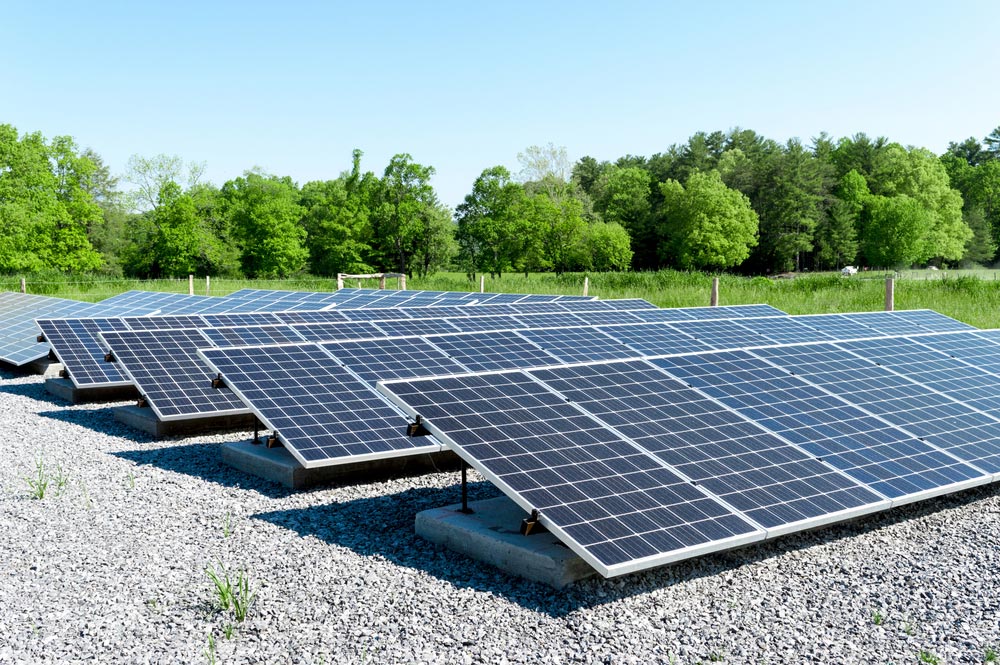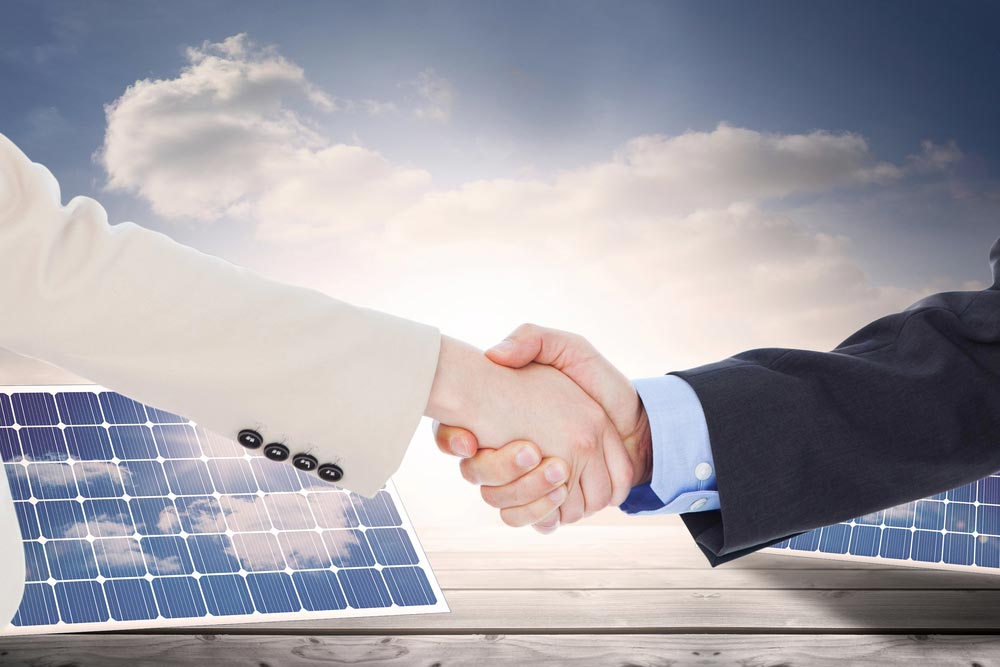Originally By Charles W. Thurston on November 5, 2024
https://solarbuildermag.com/news/solar-leases-do-not-add-to-home-value-do-your-customers-know
Many homeowners with solar systems on their roof assume that the solar array adds value to their house, but unfortunately that is not always the case. Solar and/or storage that is leased, financed by a Property-Assessed Clean Energy (PACE) tax lien, or otherwise encumbered by a Uniform Commercial Code-1 (UCC) lien cannot be considered to add value to a home, according to the latest guidance by the U.S. mortgage financier Freddy Mac.
Nonetheless, some over-zealous solar salespeople appear to have suggested that a leased system does add value to a home. Indeed, so many homeowners have felt duped by such pitches that Attorneys General in several states now are investigating solar sales practices for potential class action suits, according to Don Worthington, the division president of Primary Residential Mortgage (PRMI), based in Salt Lake City.
“Nobody wants to talk about the dirty little secret that solar won’t increase the value of your home if it’s financed incorrectly. There has been a lot of … unintentional misinformation that’s been provided to a lot of these homeowners, and I think that had they known the full truth, their financing decisions might have been different,” Worthington asserts.
One of the common themes of solar sales is that a solar array will increase the value of a home, and studies show this to be true when the solar array is purchased (see below). But “the common miscue or misrepresentation is when solar companies that use leases as a mechanism to sell solar claim that leased solar increases the value of a home,” says Worthington. “There’s a lot of money in leases.”
This is especially relevant after the rise in interest rates the past few years. As a result, purchase loans became more expensive while leases became a more popular option for solar adoption.
Other details about the rewards of going solar also may be glossed over by some solar salespersons. “What some homeowners have been told by a solar rep and what they were finding out later were two completely different things — things like they were going to get more power offset, or that their utility bill was going to be less, or that they would qualify for tax credits,” says Worthington.
He is not alone in his concern about some solar sales pitches. “There are some solar salespeople that like to tell you that you are always going to add value to the home. But that’s not true,” says Sandra Adomatis, president of the Appraisal Institute, in Chicago.
“Quite often an appraiser would go out and ask the selling property owner, ‘Do you own the solar system, or do you lease it?’ And they would say, ‘Oh, we own it.’ But then they would get down to the title search just before closing find out they didn’t own it,” says Adomatis.
Repayment misunderstandings also have come up with PACE financings. “I’ve run into instances where somebody’s got a PACE loan and didn’t realize that it was paid back with the taxes, which you pay once a year, meaning it’s a pretty big payment. So, they didn’t advise the mortgage company that’s holding escrow for the taxes. Then when the mortgage company gets this huge bill, they contact the property owner and say, ‘Now you owe us another $3,000’ or whatever it is,” says Adomatis.
Solar’s impact on home value
According to a 2024 analysis of Zillow data, the national average value boost from solar is 6.8%, according to SolarReviews, which compiles consumer reviews and ratings of residential solar panels and solar panel installation companies. The 6.8% figure is a strong rise from Zillow’s 2019 study of the added value of solar in a home valuation, when the national boost average was only 4.1%. More than 80% of home buyers say energy-efficient features are important, according to the Zillow Group Consumer Housing Trends Report.
The solar value boost can vary widely, though. In Michigan, the 2024 boost was 9.2%, while in Wisconsin — where residents use less electricity than the national average — the valuation was negative 0.6.%, SolarReviews noted. Major solar adopter states California and Florida saw solar boosts of 5.4% each, the study showed.
Homebuyers can be a strong influence in the adoption of solar. NREL reported that “In a recent survey conducted by Japan’s Sharp Electronics, eight of ten Americans want builders to offer solar power as an option for new homes. Half of those surveyed said they would pay up to 10% more for a solar-equipped house.”
Value as cost savings
Apart from the market valuation of a home with solar, the value of solar also can be calculated by how much it reduces energy bills. A solar home’s value increases by approximately $20 for every $1 reduction in annual utility bills according to the National Renewable Energy Laboratory. Thus, a solar system that saves $500 per year could add $10,000 to the home value.
Further evidence of the value of solar through cost reductions comes from a study by the Lawrence Berkeley National Laboratory that found buyers were willing to pay $15,000 or more for solar-powered homes. The Berkeley Lab in 2021 produced a study of 500,000 homes that found the national average of cost savings amounted to $691 per year. That adds up to $20,730 over 30 years.
To help educate appraisers to the economics of solar, the Appraisal Institute conducts classes around the country that earn participants a listing in the AI’s Appraiser Green Registry. The classes include 28 hours of education on green features, including 14 on solar. The participants use free PV Value software, which was funded in part through the U.S. Department of Energy’s SunShot Initiative.
Another national registry of solar-savvy appraisers is compiled by non-profit Earth Advantage, based in Portland, which has a database of 3 million properties. Solar installers can list their clients on the database, establishing a permanent record of the home array type and size, associated with the property tax ID number.
Financing solar at home purchase
The least expensive way to finance solar is to include it in the mortgage at the time the home is purchased or refinanced, says Worthington. “We’ll finance the purchase of a house, and we’ll finance solar in addition to the purchase of your house in the same loan at the same time. That’s the cheapest point for solar because that’s where your cost of funds are the least.
Such mortgages also can be used to install roofing, EV chargers, smart home devices, upgraded HVAC systems, and to finance other appliances and other options to reduce utility bills, notes Worthington.
Solar truth in lending
Stronger solar truth in lending will help illuminate the relative advantages and costs of solar loans vs leases and other financing options. This soon may come to pass in more state governments and could become an industry goal nationally.
In July, the non-profit Center for Responsible Lending issued such a roadmap, entitled, The Shady Side of Solar System Financing: To Spur Widespread Adoption of Clean Energy, Policymakers and Regulators Must Do More to Protect Consumers from Shady Practices in the Residential Solar Financing Market.
Also in July, the Solar Energy Industries Association (SEIA) released two new industry standards for public comment to promote consumer protection. The new standards are designed to ensure transparent, ethical solar sales practices and to raise the bar for safety and durability of rooftop solar and storage installations.
Standard 401 will outline training requirements for solar salespeople, helping to establish ethical sales practices and ensure all solar customers have a thorough understanding of their investment before committing. Companies and salespeople trained under this standard will provide customers with comprehensive and clear disclosure of costs, key contract terms and technology information.
The second standard, Standard 201, aims to enhance the safety and quality of residential solar and storage installations, helping to minimize risks to homes and businesses and enhance grid reliability. Companies will receive a third-party audit of their written practices and field installations, helping to ensure safe installations and create a better experience for solar customers throughout the life of their system.
“These groundbreaking standards reflect the solar and storage industry’s commitment to ensuring every customer has a great experience going solar,” said SEIA president and CEO Abigail Ross Hopper. “We’ve heard customers loud and clear about what they want to see from the solar industry. Going solar with a SEIA-certified installer will give customers the confidence they need to make the best decision for their family.”
Once published, a certified third-party will evaluate whether a company or individual has met the requirements of the standard, giving customers confidence that they are receiving clear, professional guidance from salespeople.
https://solarbuildermag.com/news/solar-leases-do-not-add-to-home-value-do-your-customers-know
